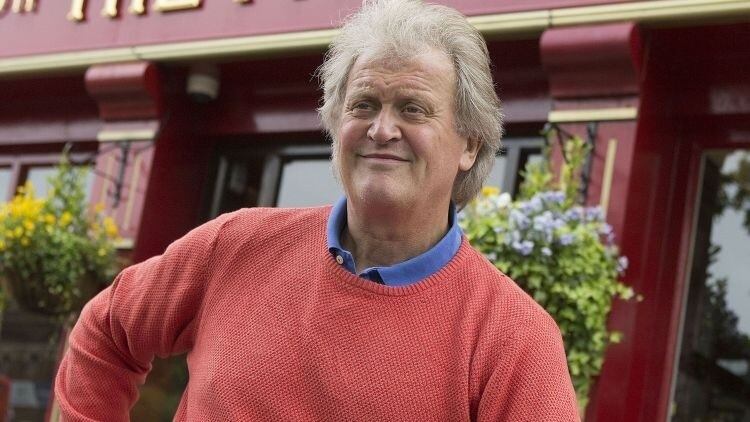The Government has acknowledged the need for coordination between Planning and Licensing but reiterated its stance the systems were considerably different with distinct objectives and approaches.
The agent-of-change principle will be included within section 182 Guidance, the Government also pledged to set a mandatory minimum training standard for licensing committees as well as codify within the section 182 Guidance.
It also decided to consult on the late-night levy to be applied to late night refreshment premises, but to not formally consult on the impact of the current late-night levy.
Furthermore, Government will consider findings from the Scottish minimum unit pricing evaluation. It also does not propose to revisit the decision made to not extend licensing to airside.
Extreme disappointment
Night Time Industries Association chief executive Michael Kill said the industry was “extremely disappointed” by the Government’s response.
“In all honesty,” he continued, “we are not completely in agreement with all recommendations held within the House of Lords Select Committee review on the Licensing Act 2003, but where the Government had a clear opportunity to make a credible difference.
“The response was in the main around acknowledgement and ongoing concern, a rhetoric which has no value to the evolution of licensing and planning within our sector.”
The initial report by the House of Lords was published in April 2017 and provided more than 70 recommendations to the Government.
Following this, in November 2017 the Government issued their response to the report, which resulted in little legislative change and a few changes to the Statutory Guidance.
Earlier this year, the House of Lords Liaison Committee produced a follow-up report to the responses commenting on the progress and recommending 25 additional changes.
With the hospitality sector in the midst of a cost-of-doing-business crisis, it was “more important than ever” Government worked with the sector, according to UKHospitality chief executive Kate Nicholls. The purpose of this would be to create the best regulatory environment for businesses to thrive.
Strengthening agent of change
She said two examples of that coming out in this response is the Government’s reiteration of the decision to make a low-cost, low-admin pavement licensing scheme permanent and enshrining the ‘agent-of-change’ principle in licensing guidance, which UKHospitality called for in our evidence to the committee and long beforehand.
Nicholls continued: "We also remain of the view that strengthening ‘agent of change’ should be included in future reviews of wider planning policy.
“The hospitality sector continues to enhance its work on training, women’s safety and partnership schemes, and I’m pleased the government has recognised the progress the industry is making in its response.
“However, it’s disappointing it will not carry out a formal consultation on the impact of the late-night levy, particularly with areas removing or reviewing the levy voluntarily. Any review would no doubt show the enormous impact of the levy on business and UKHospitality continues to call for the levy to be abolished.”




